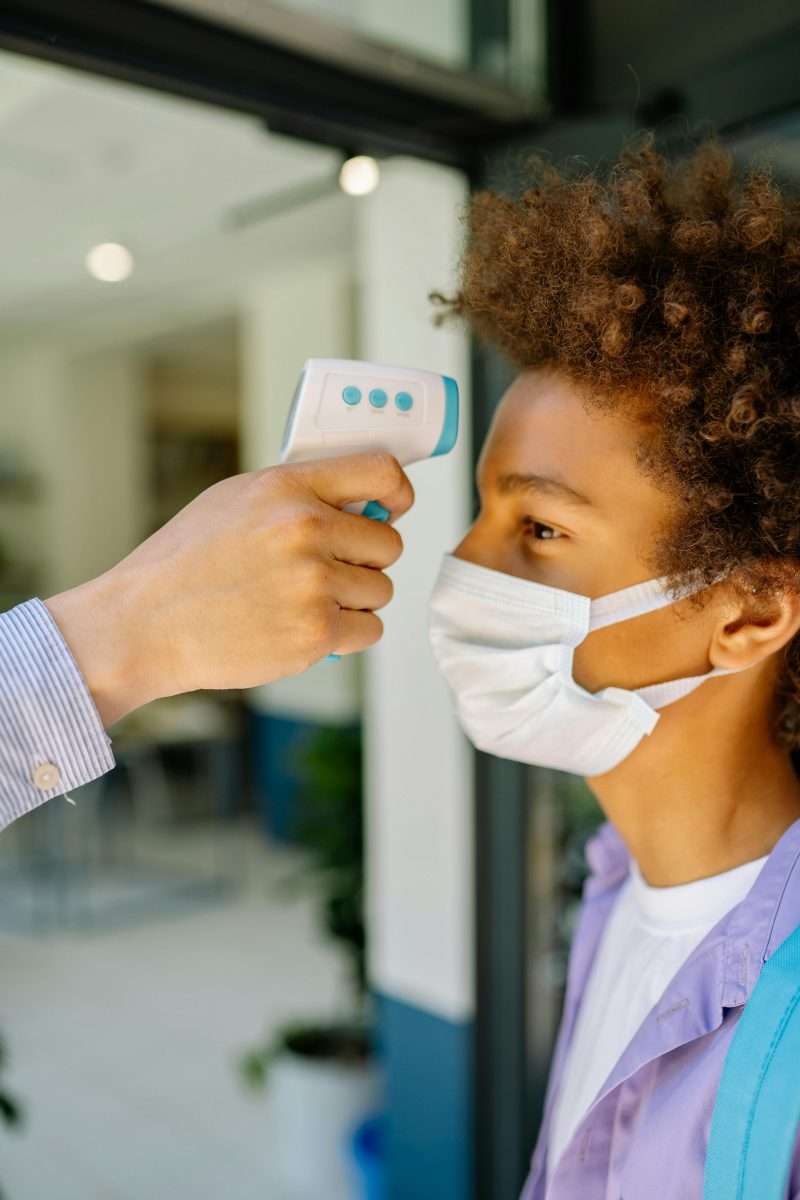As the long-term effects of COVID-19 continue to be researched and better understood, a recent study published in the Journal of the American Medical Association cast a direct light on which Long COVID symptoms are most commonly found in children and teens.
“Most of what we know about Long COVID we’ve learned from studies of adults, and it’s so critically important to have studies that focus specifically on children,” Dr. Rachel Gross, lead author of the study conducted through the National Institutes of Health Researching COVID to Enhance Recovery (RECOVER) Initiative – told Lianne Castelino during an interview for Where Parents Talk.
“We know that children are not just little adults, that they are growing and developing and they are unique throughout their growth in childhood, and so we really need to understand specifically what long covid looks like in children.”
Common Misconceptions About Covid in Kids
Dr. Gross, Associate Professor of Pediatrics at New York University’s Grossman School of Medicine, a paediatrician and mother of two teens, says battling early myths about COVID-19’s impact on kids are important to dispel.
“Some of the early misperceptions were that children didn’t get covid infections, or if they did get covid infections, they didn’t experience a lot of symptoms, or didn’t get sick from it, and we know now that that is not true,” she says.
“That led to other common misperceptions that children didn’t get long covid, and we know now from our study and many others that that is not true. And then the third misperception that we see is that if children get Long COVID, it must look like long covid in adults. And we know from the findings that we recently published that that also is not true.”
According to the study, while most children recover from COVID-19 within weeks, some continue to experience lingering symptoms such as fatigue, headaches, and difficulty concentrating.
“These lingering effects, although uncommon, are significant,” Dr. Gross explains. “For the children affected, Long COVID can disrupt their ability to focus in school, participate in activities, and even complete everyday tasks.”
The research followed over 1,000 children who had tested positive for COVID-19, tracking their symptoms over several months.
COVID Symptom Differences between Kids, Tweens and Teens
“We looked at school-aged children between six and 11 years old, and we looked at adolescents or teenagers between 12 and 17, and what we found was the children across both ages were experiencing prolonged symptoms in almost every organ system of the body, but when we look at the specific symptoms — while there are similarities across age groups and similarities with symptoms experienced by adults — we do see distinguishable differences, making each age group somewhat unique.”
Dr. Gross says prolonged symptoms typically persist for at least four weeks and up to three months or more. They can also come and go and can present differently depending on age group.
 “In teenagers, we see a unique group where their primary symptom is having a change in their smell and taste, and many adults also experience that,” says Dr. Gross. “That particular type we see in teenagers as well as in adults, but is not described in that way for school-age children.”
“In teenagers, we see a unique group where their primary symptom is having a change in their smell and taste, and many adults also experience that,” says Dr. Gross. “That particular type we see in teenagers as well as in adults, but is not described in that way for school-age children.”
The study also identified certain risk factors that made children more susceptible to Long COVID, including pre-existing conditions such as asthma and obesity.
“Understanding these risk factors allows us to be more proactive in monitoring and supporting children who may be at higher risk,” Dr. Gross notes.
“By recognizing the signs early, we can intervene sooner and help these kids get back to their normal routines.”
She adds, “one of the key takeaways from our research is that Long COVID in children is real, but it’s not as widespread as we initially feared. This is reassuring news for many families, but for those children who do suffer from persistent symptoms, we need to ensure they receive the right care and resources.”
Related links
NIH-funded study finds long COVID affects adolescents differently than younger children
Related articles
From Loneliness to Connection: Helping Teens Navigate Mental Health and Emotional Well-Being
